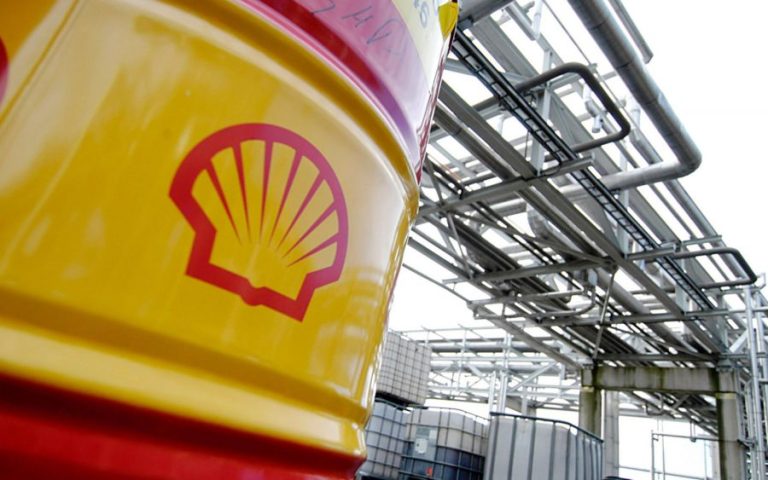Nigeria’s Supreme Court docket on Friday granted the enchantment of SPDC Nig by ruling that Shell is entitled to a listening to concerning an alleged oil spill within the Niger Delta the place a decrease courtroom had requested the corporate to pay $878 million.
This follows the Court docket of Attraction’s ruling suspending an asset sale and its directive to settle a judgment declare earlier than addressing the case.
The Supreme Court docket, in its ruling on Friday, said that the appellate courtroom didn’t totally look at the deserves of the case and ordered that Shell be given a chance for a listening to.
The small print of the decision, learn orally on Friday, can be formally documented inside seven days, in response to undisclosed sources awaiting the publication of the ruling.
This authorized matter, one amongst numerous instances towards Shell Plc each domestically and internationally, originated from a November 2020 Excessive Court docket ruling.
The ruling mandated Shell to pay $878 million to the communities of Egbalor Ebubu in Rivers state. These communities accused Shell Nigeria of inflicting an oil spill that resulted in harm to waterways and farms.
Assertion from representatives of each events
The group’s lawyer, Mohammed Ndarani, advised Reuters that the Supreme Court docket has returned the case to the Court docket of Attraction.
A spokesperson for SPDC Nig advised Bloomberg “We observe the Supreme Court docket’s judgment on SPDC’s enchantment, and we’re presently assessing its implications.”
Backstory
In 2022, Shell Petroleum Improvement Co. of Nigeria Ltd. acquired a courtroom order restraining it from divesting its property till the case’s decision.
Consequently, its father or mother firm determined to quickly halt the sale of its onshore oil operations.
Much like different main oil firms working within the nation, Shell is directing its consideration towards deep-water drilling whereas divesting from onshore operations.
Onshore operations are prone to crude theft and pipeline vandalism, negatively impacting Nigeria’s oil manufacturing.

